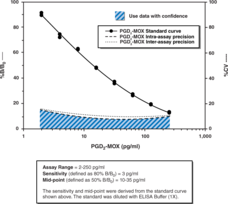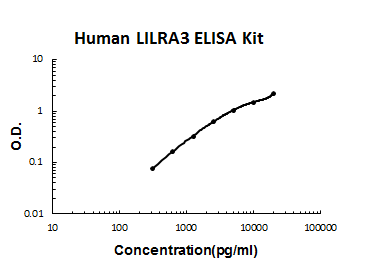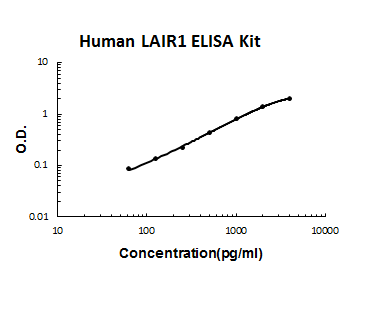Description
This PGD2-MOX ELISA is based on the conversion of PGD2 to a stable MOX derivative. Treatment of the sample with MOX HCl converts PGD2 into PGD2-MOX, preventing its further chemical degradation. The antiserum used in the assay was developed using conjugates of this derivative and is very specific for PGD2-MOX.
Formulation:
Formal name:
Synonyms: PGD2-MOX EIA Kit
Host:
Imunogen:
Applications:
Clone:
Purity:
Origin: Animal/Mouse|Animal/Bovine|Animal/Eel|Animal/Rabbit
Application|ELISA||Product Type|Assay Kits|ELISA||Research Area|Immunology & Inflammation|Allergy||Research Area|Immunology & Inflammation|Inflammatory Lipid Mediators|Prostaglandins||Research Area|Immunology & Inflammation|Innate Immunity||Research Area|Immunology & Inflammation|Pulmonary Diseases|Asthma||Research Area|Lipid Biochemistry|Cyclooxygenase Pathway||Research Area|Neuroscience|Behavioral Neuroscience|Sleep & Biological Rhythms



